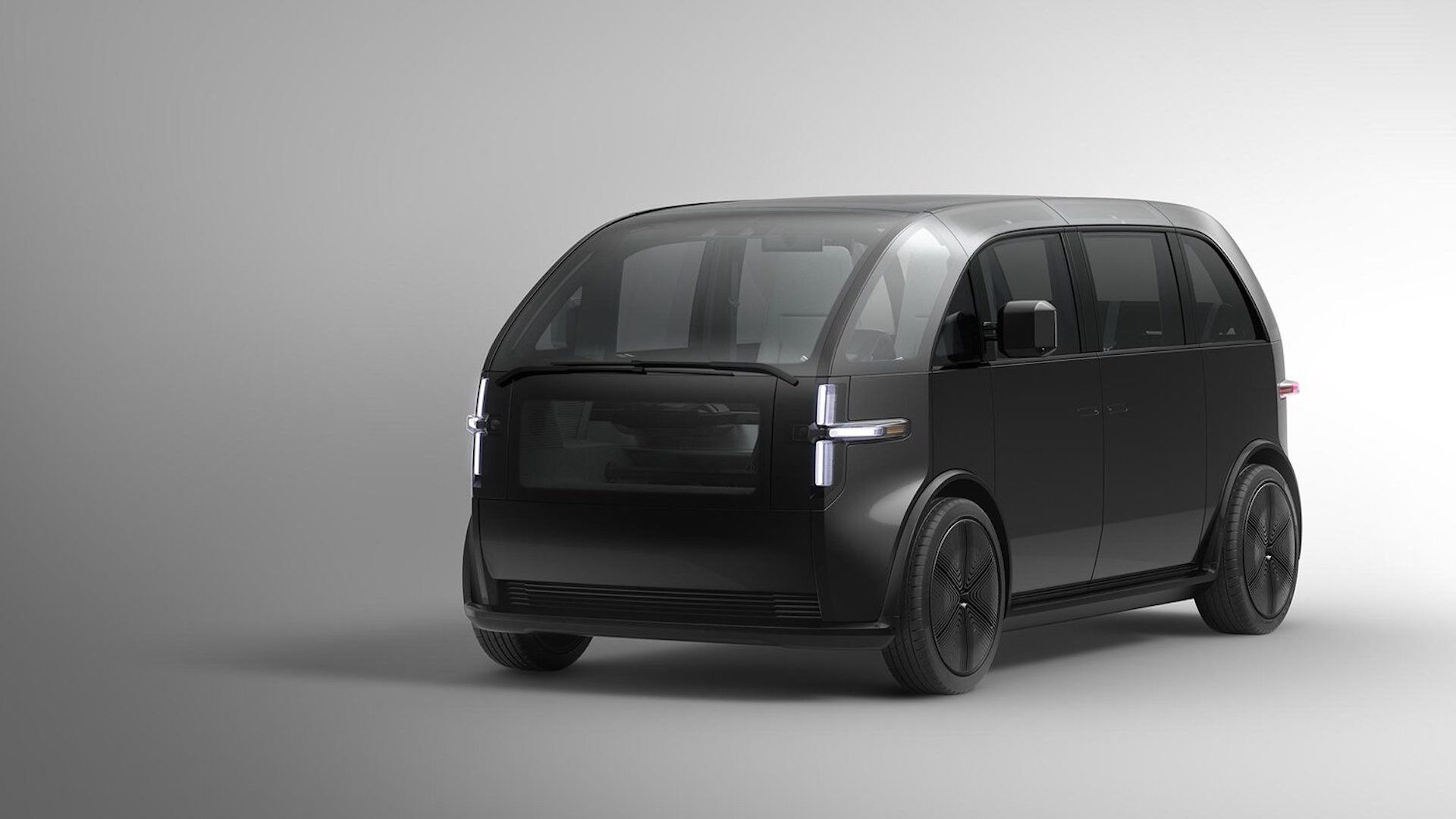| Trust in scientists and public support for solving global issues such as climate change, plastics pollution and phasing out fossil fuels, have all risen during the pandemic, according to new polling conducted by Ipsos on behalf of the company 3M. Why it matters: This is the second "State of Science Index" to be conducted during the pandemic, and the fourth year that the report has gauged peoples' attitudes toward science and prioritization of major challenges facing humanity. - The results show that people in 16 other countries generally have higher support for and trust in science, and they also ranked climate change higher on the list of priorities for countries and companies to tackle.
Details: The report found that 89% of Americans say they trust science today, up 4 percentage points from the same survey in 2020. - Those who "completely agree" that they trust science and scientists is at the highest level since the survey began in 2018.
- The survey found that the pandemic has also made Americans more aware of environmental issues, though they still score lower on this than citizens of other countries (69% vs. 77% globally).
Yes, but: The report shows some potential signs that the tide may be turning back toward more questioning of science within the U.S., with an uptick in the proportion of Americans skeptical of science, going from 31% in 2020 to 35% in 2021. What they're saying: Beyond the pandemic, Gayle Schueller, 3M's chief sustainability officer, tells Axios, every country except the U.S. ranks climate change as the next top challenge to be tackled, followed by a slew of other environmental challenges. | 






No comments:
Post a Comment